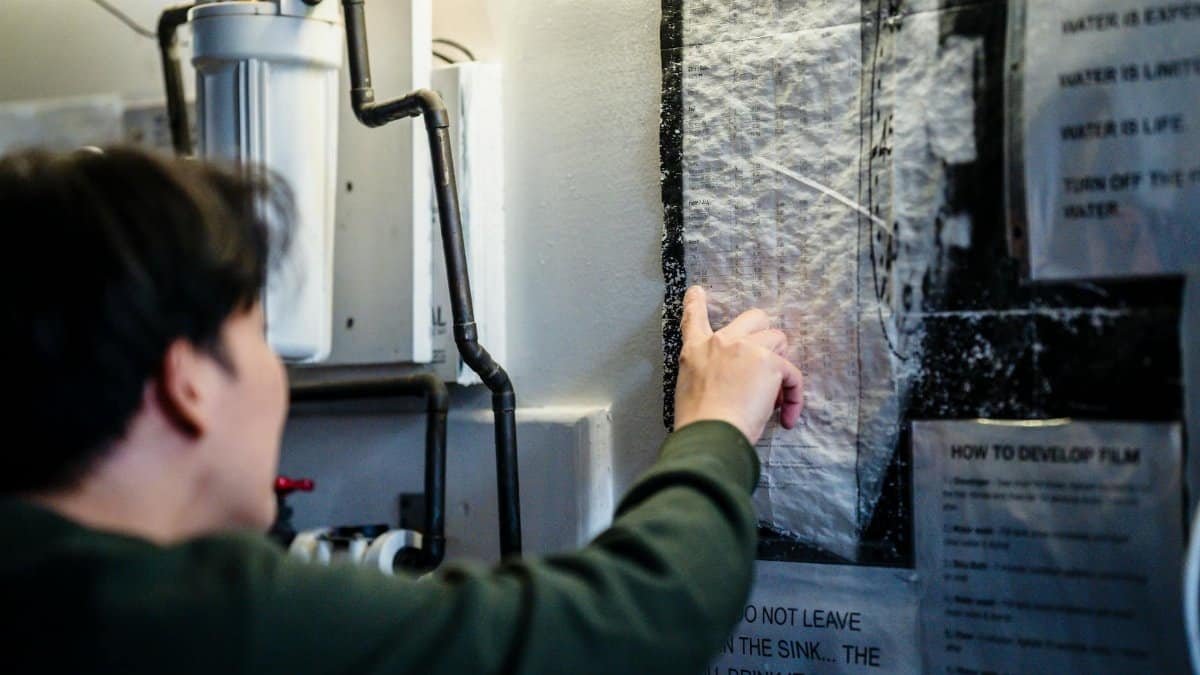Is the five second exhale really the key to breaking free from relentless overthinking? This simple breathing technique is gaining traction as a quick, accessible tool to halt rumination in its tracks. Therapists and wellness experts are touting it as a game-changer for those stuck in cycles of negative thoughts. By focusing on a deliberate, slow exhale lasting five seconds, you can reportedly reset your mind and body. It’s not just hype—there’s physiology behind why this tiny breath hack works, and it’s rooted in how our nervous system responds to stress.
What Is the Five Second Exhale?

The five second exhale is a straightforward breathing exercise where you inhale normally, then exhale slowly over a count of five. The goal isn’t to force deep breaths but to extend the exhale, which activates the body’s relaxation response. Therapists say this technique can interrupt the mental spiral of rumination—those repetitive, often negative thoughts that keep you up at night. It’s a portable tool, requiring no special setting or equipment, making it ideal for stressful moments.
How It Calms the Nervous System

The science behind this technique lies in the autonomic nervous system. A prolonged exhale stimulates the parasympathetic nervous system, which is responsible for calming the body after stress. According to research from institutions like Harvard Medical School, slower breathing can lower heart rate and reduce cortisol levels, the stress hormone. This physiological shift can pull you out of fight-or-flight mode, where rumination often thrives. Find out more about breathing’s impact on stress at Harvard Health Publishing.
Why Rumination Is a Problem

Rumination isn’t just annoying—it’s harmful. Studies show that dwelling on negative thoughts can increase anxiety and depression risk. A report from the National Institute of Mental Health highlights how chronic overthinking disrupts sleep and decision-making. When your brain loops on the same worries, it’s harder to focus or find solutions. The five second exhale offers a way to break this cycle by redirecting attention to your breath, grounding you in the present. Learn more about mental health impacts at NIMH Anxiety Disorders.
How to Practice It Effectively

Start by sitting or standing comfortably. Inhale through your nose for a count of three, then exhale through your mouth for five seconds. Keep it gentle—don’t strain. Repeat for a minute or two. Experts suggest focusing on the sensation of air leaving your body to anchor your mind. If thoughts creep in, acknowledge them without judgment and return to counting. Consistency matters; even a few minutes daily can build resilience against stress.
When to Use This Technique

The beauty of this breath hack is its versatility. Use it during high-stress moments—like before a big meeting—or when you catch yourself spiraling over past mistakes. It’s also effective at night if worries keep you awake. Therapists note it’s particularly helpful for those with anxiety, as it provides a quick way to regain control. Keep it in your mental toolkit for any situation where rumination threatens to take over.
Limits and What to Pair It With

While powerful, the five second exhale isn’t a cure-all. It won’t resolve deeper issues like trauma or chronic mental health conditions on its own. Experts recommend pairing it with other practices, like journaling or therapy, for lasting change. If rumination persists, speaking to a professional can uncover underlying triggers. Think of this technique as a first step—a way to pause and create space for more comprehensive solutions.
